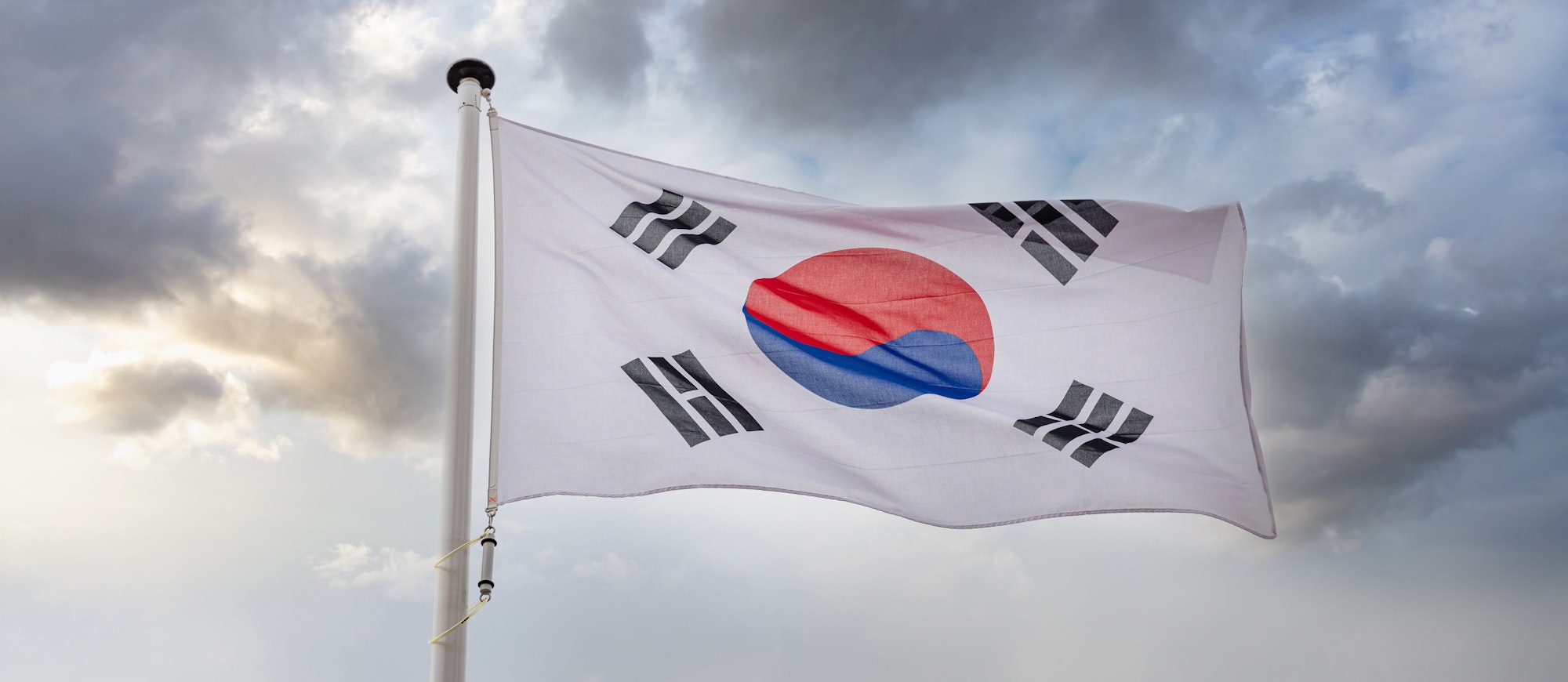The Instagram accounts of Adele, Future, Tyla, and Michael Jackson were hacked late Thursday to promote an unauthorised meme coin. Posts showed an AI image of the Future with a ‘FREEBANDZ’ coin, falsely suggesting ties to the rapper.
The token, launched on the Solana platform Pump.fun, surged briefly to nearly $900,000 in market value before collapsing by 98% after its creator dumped 700 million tokens. The scheme netted more than $49,000 in Solana for the perpetrator, suspected of being behind the account hijackings.
None of the affected celebrities has issued a statement, while Future’s Instagram account remains deactivated. The hack continues a trend of using celebrity accounts for crypto pump-and-dump schemes. Previous cases involved the UFC, Barack Obama, and Elon Musk.
Such scams are becoming increasingly common, with attackers exploiting the visibility of major social media accounts to drive short-lived token gains before leaving investors with losses.
Would you like to learn more about AI, tech and digital diplomacy? If so, ask our Diplo chatbot!










